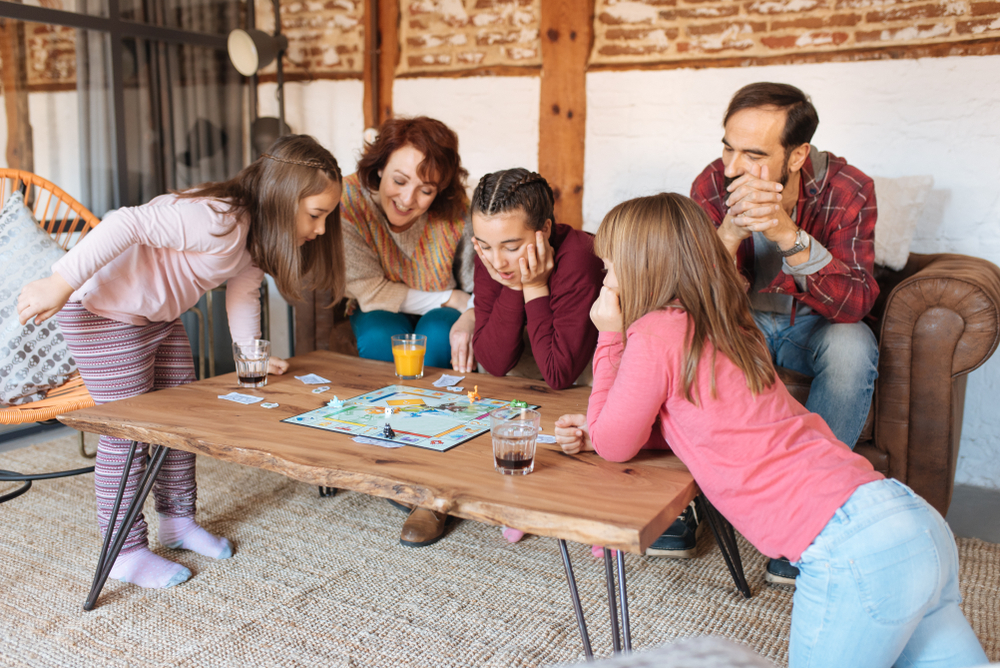The adolescent years can come with a lot of issues like depression, anxiety and anger. While there seems to be a drug to treat everything today, some parents prefer to try methods that are more holistic before creating any kind of chemical dependence in their teen. While many of these medications are valuable for the most extreme cases, there is a lot of information to back up the theories that identical or similar results can come from placebos, meditation and virtual reality. While the most conscientious parents will do whatever it takes to help their teen be healthy, utilizing these methods may be the best place to start.
- Meditation – Worry and stress factors very highly in the teen experience, which is why meditation can be a valuable habit to get into. The idea of living mindfully and in the moment is a very effective way to not only reduce anxiety and stress, but also help issues like chronic pain, fatigue and depression. Teach your teen how to take deep breaths in order to force the body to slow down and enter a more relaxed state. Remind her that while meditation and mindfulness can always help immediately during times of stress, such practices are also contributing to an positive change in their brain over time.
- Placebos – A placebo is a treatment or medication that is intended to trick the brain into producing a specific action. The idea that the body is conditioned to respond to familiar stimuli with a positive reaction is more than just a theory. For instance, patients with actual diseases, such a Parkinson’s, were found to have identical reactions (a release of dopamine in the brain) as those who were given actual medication, simply because they thought that was what they were getting. While the conclusion is not to simply rely on fake pills or treatments, knowing that the body can have overwhelmingly positive responses when it feels as though it is being taken care of is worth exploring and understanding. Helping teens understand the control that they potentially have over their own bodies is an empowering concept.
- Virtual Reality – Through various studies, researchers have concluded that the brain only has a certain capacity for attention. Pain, whether emotional or physical, often brings itself directly to the forefront keeping individuals from focusing on anything else. Experiments with immersing patients in a virtual reality situation during painful treatments has shown that such distraction can be very beneficial and reduces discomfort. While some teens cope with stress and pain during the adolescent years by playing video games or becoming fixated on a certain book or tv show, too much of this can keep them from experiencing healthy levels of human experiences, such as socializing, risk taking and even learning from rejection. However, when used correctly, virtual reality can help teens take a mental break from things that are causing them pain.











0 Comments